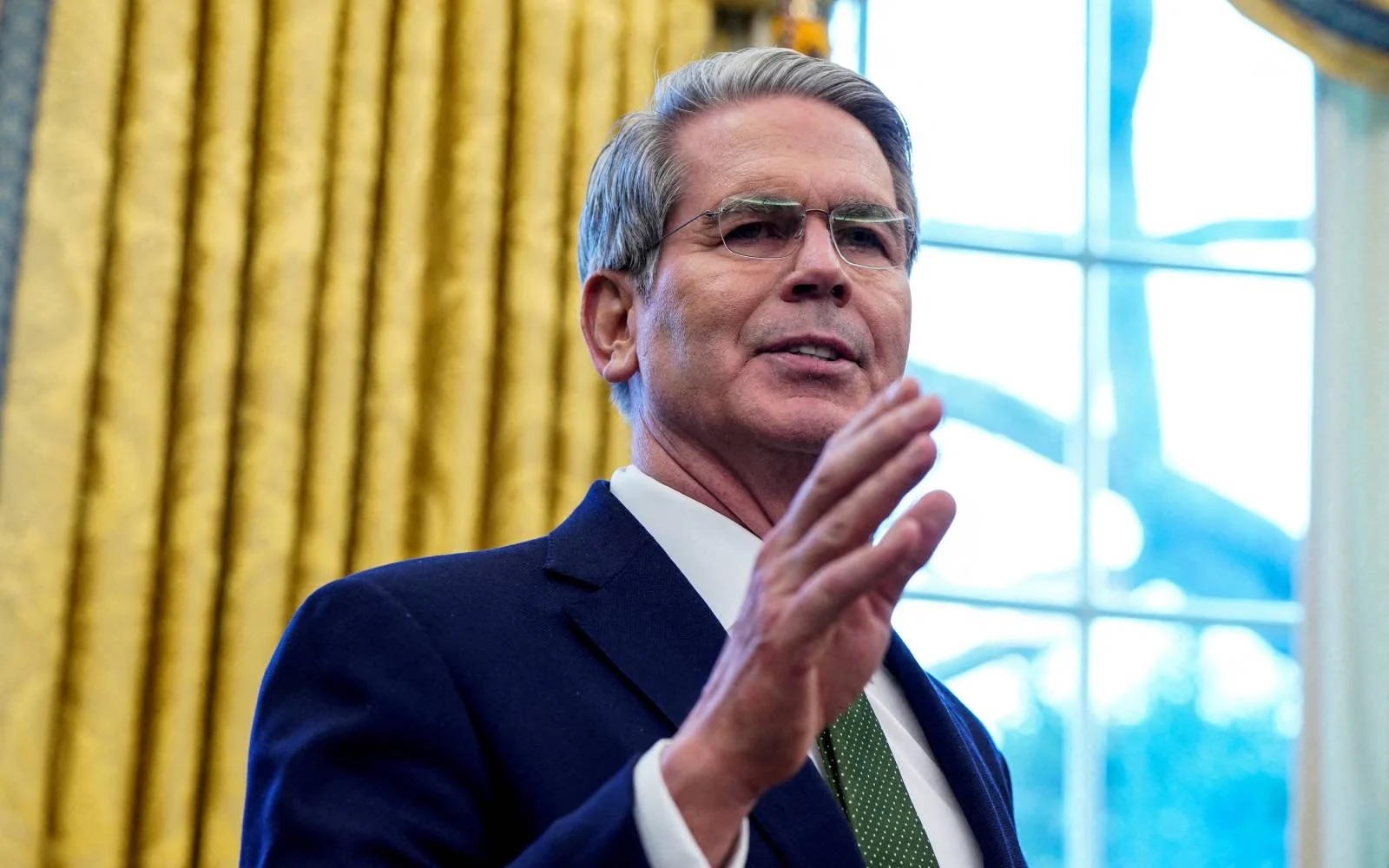
Top U.S. officials have publicly accused China of betraying a trade truce reached earlier this year, escalating tensions between the two economic giants. In an unusual joint appearance on Wednesday, U.S. Trade Representative Jamieson Greer and Treasury Secretary Scott Bessent strongly condemned China’s recent plans to curb exports of rare earths, calling the action “economic coercion” and a “global supply chain power grab.”
Betrayal of Truce and Unimaginable Scale
The officials warned that China’s actions risk derailing the fragile trade truce that has held since May, when both countries agreed to drop tariffs as high as 145% that had nearly halted trade. Greer specifically cited China’s actions as violating the spirit of that agreement, noting, “we have lowered tariffs since that time—but now the Chinese have expanded their export controls.”
China processes around 90% of the world’s rare earths and magnets, materials that are critical for advanced tech manufacturing, making its dominance a major point of vulnerability for the U.S. Beijing’s latest rules mandate that foreign companies must now seek the Chinese government’s approval and explain the intended use for exporting products containing even small amounts of these minerals. China also announced similar restrictions on the export of lithium batteries and graphite.
Greer expressed skepticism that China could fully implement the new controls due to their scale: “The scope and the scale is just unimaginable, and it cannot be implemented.” He confirmed that the retaliatory measures President Donald Trump threatened last week—an additional 100% tariff on imports and export controls on “any and all critical software”—are currently being drafted.
China vs. The World
Treasury Secretary Bessent warned that the move by Beijing was “unacceptable” and “highly provocative,” showing the need for the U.S. and its allies to work together. He framed the conflict as geopolitical: “This is China versus the world.” Bessent vowed, “We and our allies will neither be commanded nor controlled. We are not going to let a group of bureaucrats in Beijing try to manage the global supply chain.” He confirmed that some U.S. car companies had already contacted the White House with concerns about a slowdown in the supply of rare earth materials.
The officials, however, maintained an open door for dialogue. Greer expressed a hope that China would ultimately back down from the restrictions. Bessent added that while there were “substantial actions” the U.S. could take, “we’d rather not,” and concluded, “I believe China is open to discussion and I am optimistic this can be de-escalated.” The heightened tensions come as the U.S. and China began charging new port fees on each other’s ships on Tuesday, adding another layer of strain ahead of an expected meeting between President Trump and President Xi Jinping later this month.
Author’s Opinion
The Trump administration’s politically driven decision to implement “Reductions in Force” during a government shutdown is a profound, cynical act of weaponizing federal employment for political gain. By permanently dismantling agencies and targeting those perceived as “Democrat-oriented,” the administration transforms a temporary budgetary crisis into a permanent ideological restructuring of the civil service. This action demonstrates a strategic disregard for the legal and ethical separation of the federal workforce from partisan politics, confirming that for this administration, punishing political opposition through bureaucratic means is prioritized over the consistent delivery of essential public services.
Featured image credit: FMT
For more stories like it, click the +Follow button at the top of this page to follow us.
